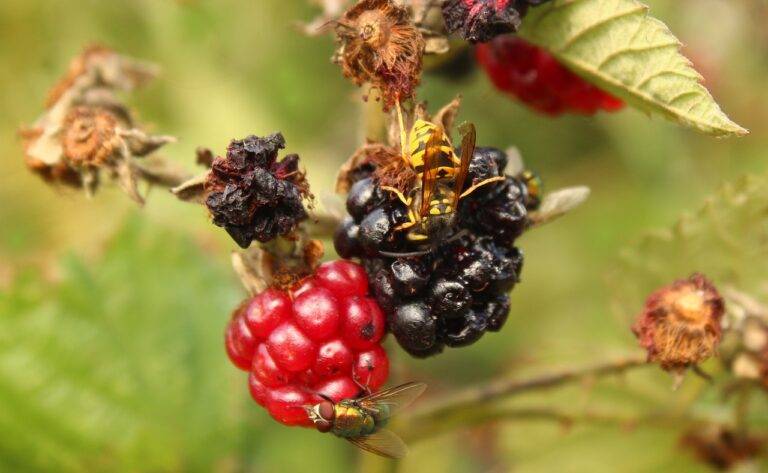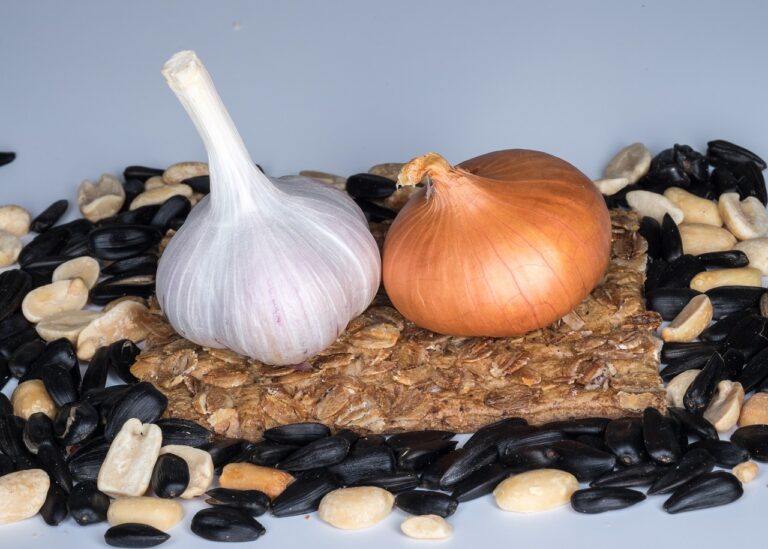Plant-Based Packaging: Reducing Plastic Waste in the Food Industry
Plant-based packaging plays a crucial role in the ongoing battle against plastic waste, offering a sustainable alternative to traditional plastic materials. With the alarming rate at which plastic waste is accumulating in our landfills and oceans, the urgent need for eco-friendly solutions has never been more pressing. By utilizing plant-based materials for packaging, we can significantly reduce reliance on non-biodegradable plastics, thereby mitigating the harmful environmental impact they pose.
Furthermore, plant-based packaging not only helps in minimizing plastic waste but also contributes to conserving natural resources. Unlike fossil fuel-derived plastics, plant-based materials are renewable and biodegradable, making them a more environmentally sound choice. By embracing plant-based packaging solutions, industries can take a significant step towards creating a more sustainable future for our planet, where the emphasis is on reducing waste and preserving our ecosystems for generations to come.
Benefits of Using Plant-Based Packaging in the Food Industry
Plant-based packaging offers a sustainable alternative to traditional plastic packaging in the food industry. These renewable materials are sourced from plants like sugarcane, corn, and bamboo, making them biodegradable and compostable. By utilizing plant-based packaging, companies can reduce their carbon footprint and contribute to a cleaner environment.
In addition to being eco-friendly, plant-based packaging is also versatile and can be customized to meet specific packaging needs. From containers and utensils to food wraps and bags, plant-based materials can be molded and shaped into various forms, offering flexibility in design and functionality. This allows food businesses to maintain the same level of quality and durability in their packaging while making a positive impact on the planet.
Challenges Faced in Implementing Plant-Based Packaging Solutions
Achieving widespread adoption of plant-based packaging solutions in the food industry poses several key challenges. One major obstacle is the cost associated with switching from traditional plastic packaging to plant-based alternatives. The production and manufacturing processes for plant-based materials are often more expensive, making it difficult for businesses to make the transition without impacting their bottom line.
Additionally, plant-based packaging materials may not always provide the same level of durability and functionality as traditional plastic. This can lead to concerns about the quality and performance of the packaging, especially in terms of shelf life and food preservation. As a result, companies may hesitate to fully embrace plant-based options due to uncertainties about how well these materials will hold up in real-world applications.
• Despite the environmental benefits of plant-based packaging, cost remains a significant barrier to widespread adoption
• Concerns about durability and functionality of plant-based materials compared to traditional plastic packaging
• Uncertainties surrounding shelf life and food preservation with plant-based options
• Businesses may hesitate to fully transition due to potential impacts on their bottom line
Why is plant-based packaging important in reducing plastic waste?
Plant-based packaging is important in reducing plastic waste because it is biodegradable and compostable, unlike traditional plastic packaging which can take hundreds of years to break down in the environment.
What are the benefits of using plant-based packaging in the food industry?
The benefits of using plant-based packaging in the food industry include reducing the reliance on fossil fuels, lowering carbon emissions, and providing a sustainable packaging option for environmentally-conscious consumers.
What are some of the challenges faced in implementing plant-based packaging solutions?
Some of the challenges faced in implementing plant-based packaging solutions include higher costs compared to traditional plastic packaging, limited availability of plant-based materials, and the need for infrastructure to properly compost or recycle plant-based packaging.







